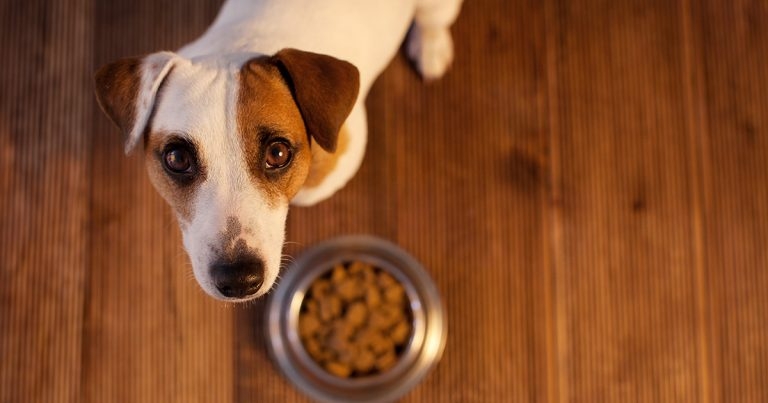13 Sept 2023
Nutrition conversations that change behaviours
Dr Andy Roark talks to board-certified nutritionist Dr Jackie Parr about how to make nutrition conversations effective in practice.

Image © Tatyana Gladskih / Adobe Stock
Time constraints, perceived owner resistance and a lack of trust can be major barriers to nutritional conversations in practice.
With up to half of UK pets overweight or obese¹, and a growing number of owners opting for raw or home prepared diets, these discussions are more important than ever. Dr Andy Roark’s podcast, “Nutrition Conversations that Change Behaviours”, features board-certified nutritionist Dr Jackie Parr, who discusses what veterinary teams can do to save time, communicate effectively and get owners on board for diet discussions.
In a recent survey conducted by the Purina Institute, 94% of pet owners said they trust nutrition recommendations from their veterinarian, while only 1 in 5 veterinary professionals said they proactively offer nutrition advice during most client visits. In Dr Parr’s words, these discussions are ‘an opportunity to build trust’.
From using tools for history taking to considering telemedicine, learn more about what veterinary teams can do to help close this nutrition gap.
Alternatively, read the transcript – or for a deeper dive into nutritional history taking, read Dr Parr’s chapter in the new Purina Institute Handbook of Canine and Feline Clinical Nutrition.
The handbook is filled with practical tips and tools to help busy veterinary teams incorporate nutrition into the management of common conditions while also helping facilitate nutrition conversations with owners of dogs and cats experiencing acute and chronic health conditions.
If you enjoyed this podcast, listen to Dr Andy Roark’s new podcast, “Vomiting and Diarrhea in Dogs and Cats”, where he’s joined by board-certified internal medicine specialist Dr Alison Manchester to discuss how vets can refine their decision making for gastrointestinal cases.
Meet the Purina Institute
At the Purina Institute, we believe science is more powerful when it’s shared. That’s why we’re on a mission to unlock the power of nutrition to help pets live better, longer lives.
A global professional organisation, the Purina Institute shares Purina’s leading-edge research, as well as evidence-based information from the wider scientific community, in an accessible, actionable way so veterinary professionals are empowered to put nutrition at the forefront of pet health discussions to further improve and extend the healthy lives of pets through nutrition.


